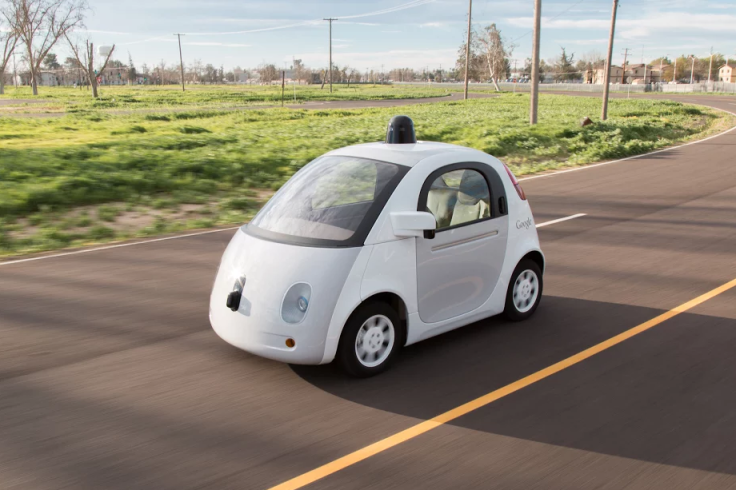TomTom and Bosch to produce highly accurate maps for autonomous cars

Having seen its market taken over by free alternatives from Apple and Google, satellite navigation company TomTom is to produce maps for autonomous cars. Working with car parts maker Bosch, TomTom wants to cover all of Germany's autobahn network by the end of 2015.
TomTom was once a pioneer of the car satnav market, but it did not take long for Google and Apple to take a significant chunk of TomTom's business away, providing the same service for free through their smartphone mapping apps. Once they have Germany's motorway network covered, TonTom and Bosch will expand to the rest of Europe and North America. Neither company has said exactly when they hope to complete this project, but Bosch has suggested the end of this decade could be a possibility - just when Google, and perhaps Apple too, plan to make their autonomous cars available to the public.
Current maps are not of high enough quality to keep driverless cars on the straight and narrow, hence TomTom's desire to improve what it already has. Bosch board member Dirk Hoheisel said in a statement: "Only with high precision maps will automated driving on freeways be possible from 2020."
The partnership means TomTom will design the maps, while Bosch will define the specifications these maps need to meet. The maps are already being used in automated vehicles tested by Bosch on certain public roads in Germany and the US - specifically the A81 and I280 respectively.
Significantly higher accuracy than today's maps
The companies say maps used by autonomous cars have "significantly higher" accuracy compared to those used for instructing humans, down to an accuracy of 10cm. Where current maps simply provide a set of instructions to get from A to B, maps for autonomous cars will need to inform the car about exactly where it needs to be to stay in the right lane.
The vehicle then compares the environment it can 'see' with the data presented by the maps. Additional data embedded into these maps includes road geometry, such as curves, inclines and camber. With all this data the vehicle can make informed decisions for when to change lane.
Car makers have recognised the need for more accurate maps; that's why Audi, BMW and Mercedes owner Daimler have come together to buy Nokia's Here mapping business for $2.7bn (£1.7bn), according to Fortune.
Autonomous car technology is already on the roads today, with self-parking vehicles, intelligent cruise control and automatic braking. Some cars also include technology which is ready to switch on, but hasn't yet been activated - such as the Tesla Model S P85D and 2015 Ford Mondeo.
Google is working on producing a fleet of autonomous 'pods' which can drive on normal roads, among human-driven traffic, but have no conventional car controls at all. Apple is also believed to be working on a self-driving car project, and is rumoured to be interested in using the BMW i3 electric car as a starting point for its own vehicle.
© Copyright IBTimes 2024. All rights reserved.






